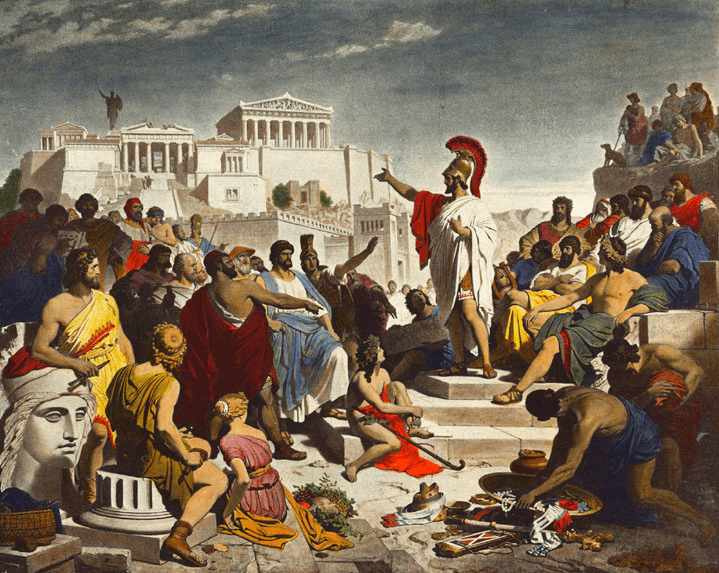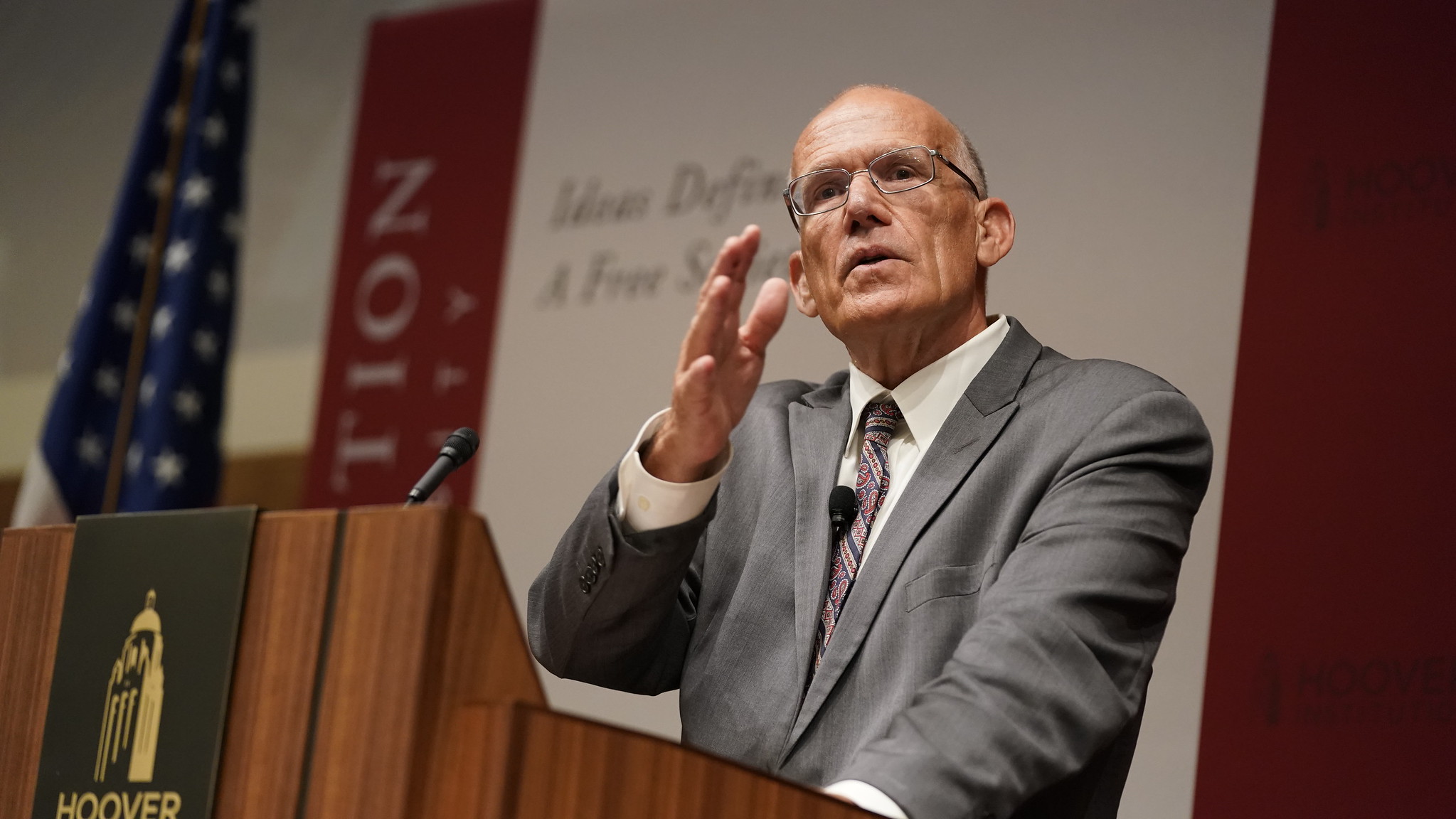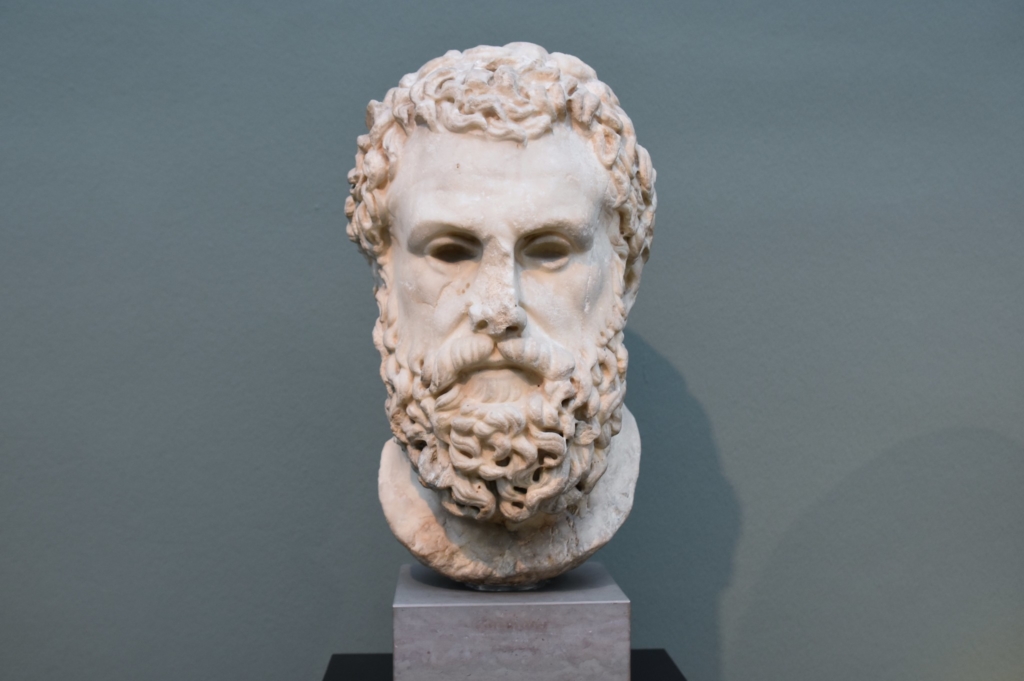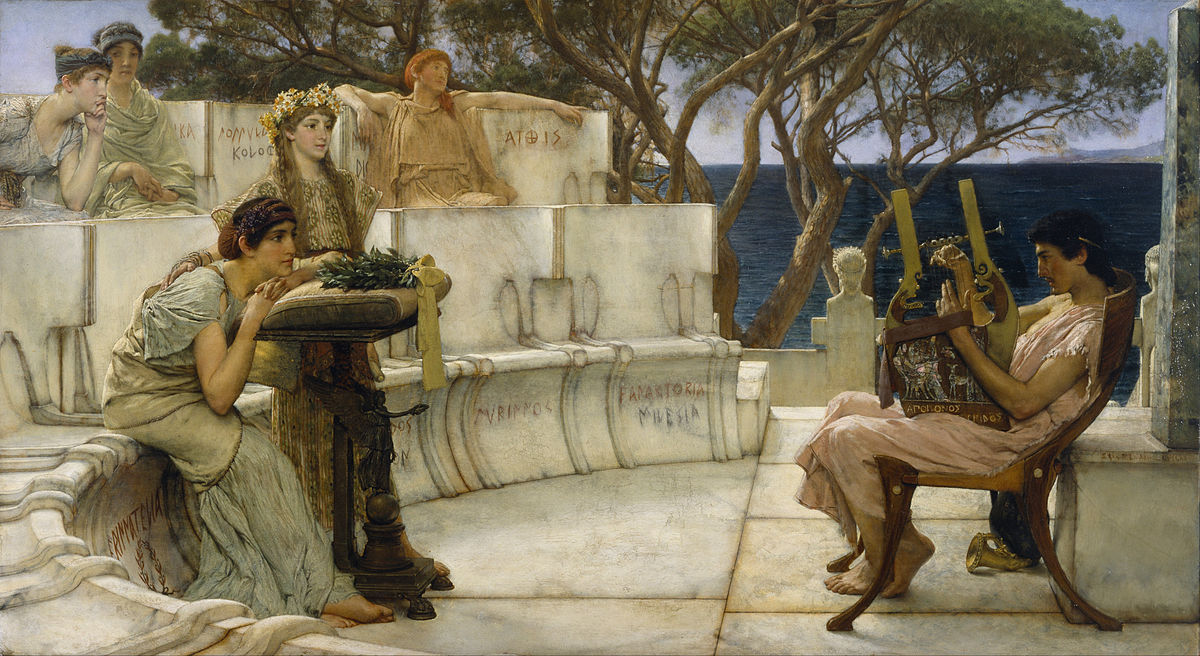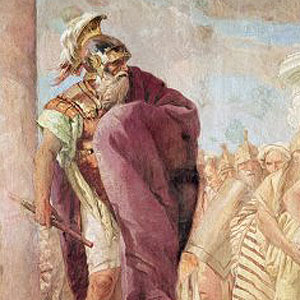By Van Bryan, Contributing Writer, Classical Wisdom Dear Reader, Today, we come to bury Caesar, not to praise him… We have witnessed the final act of a tragedy that would be the envy of Sophocles, Aeschylus, or Euripides. As with any good tragedy, it begins with a man of middling character. A man who crossed
